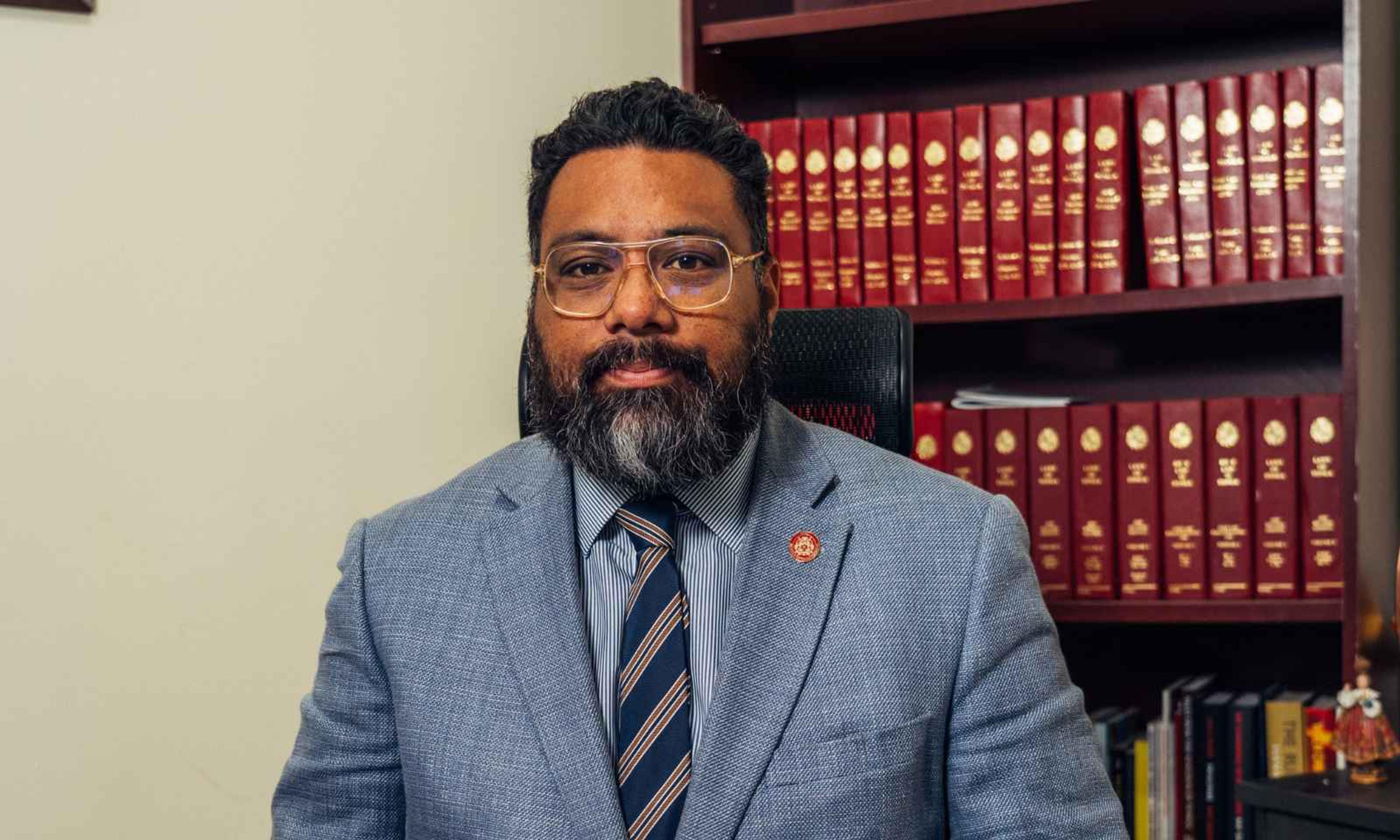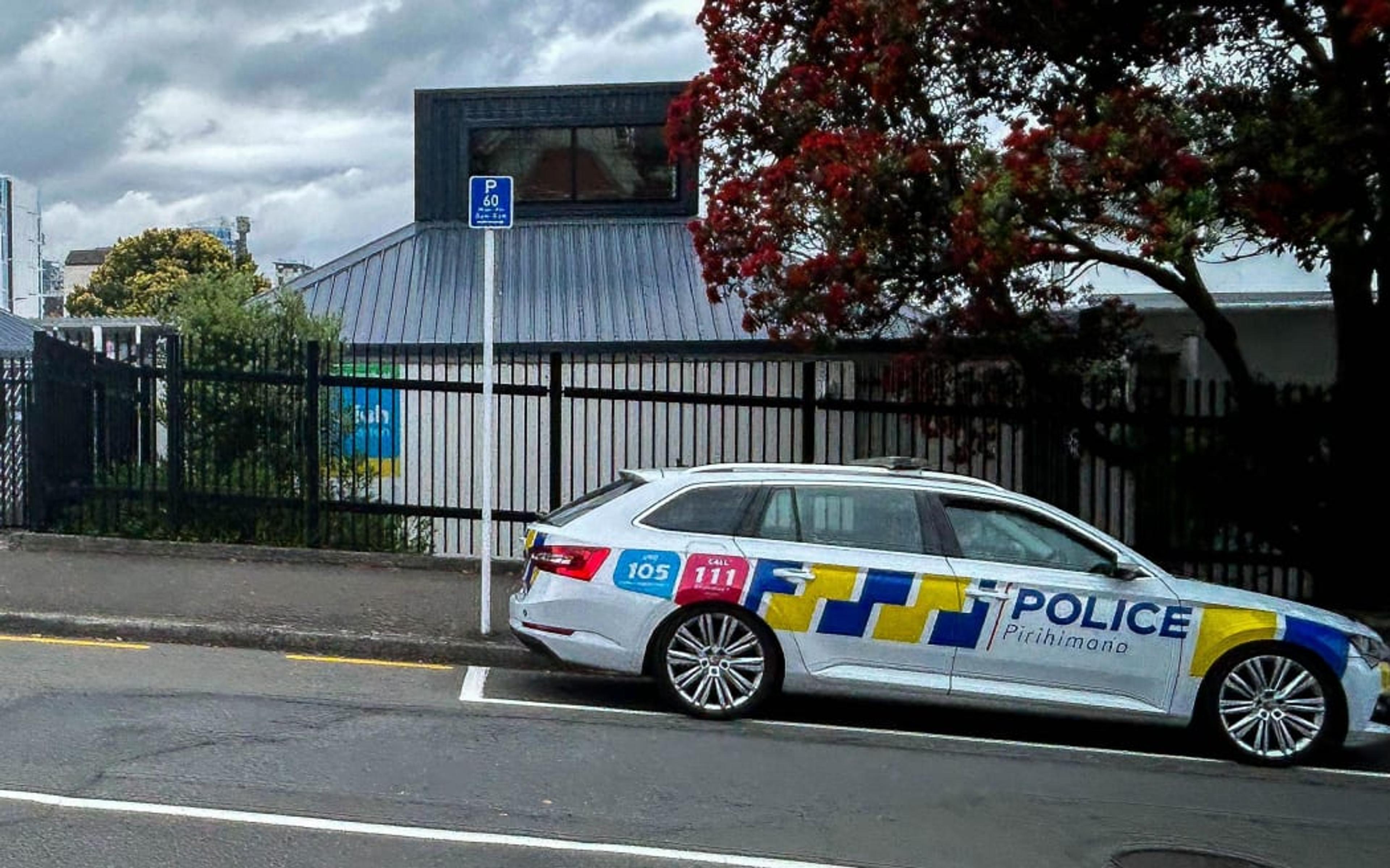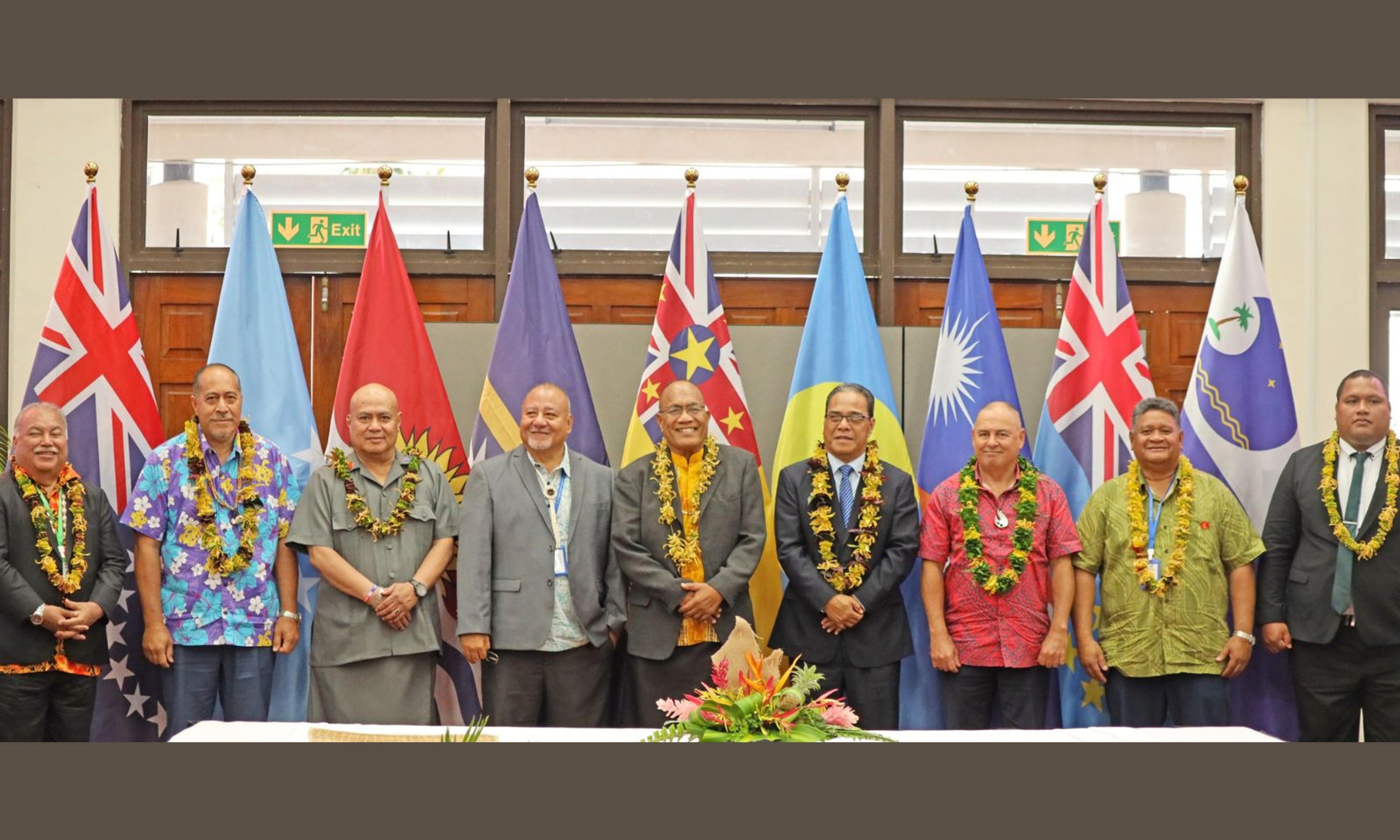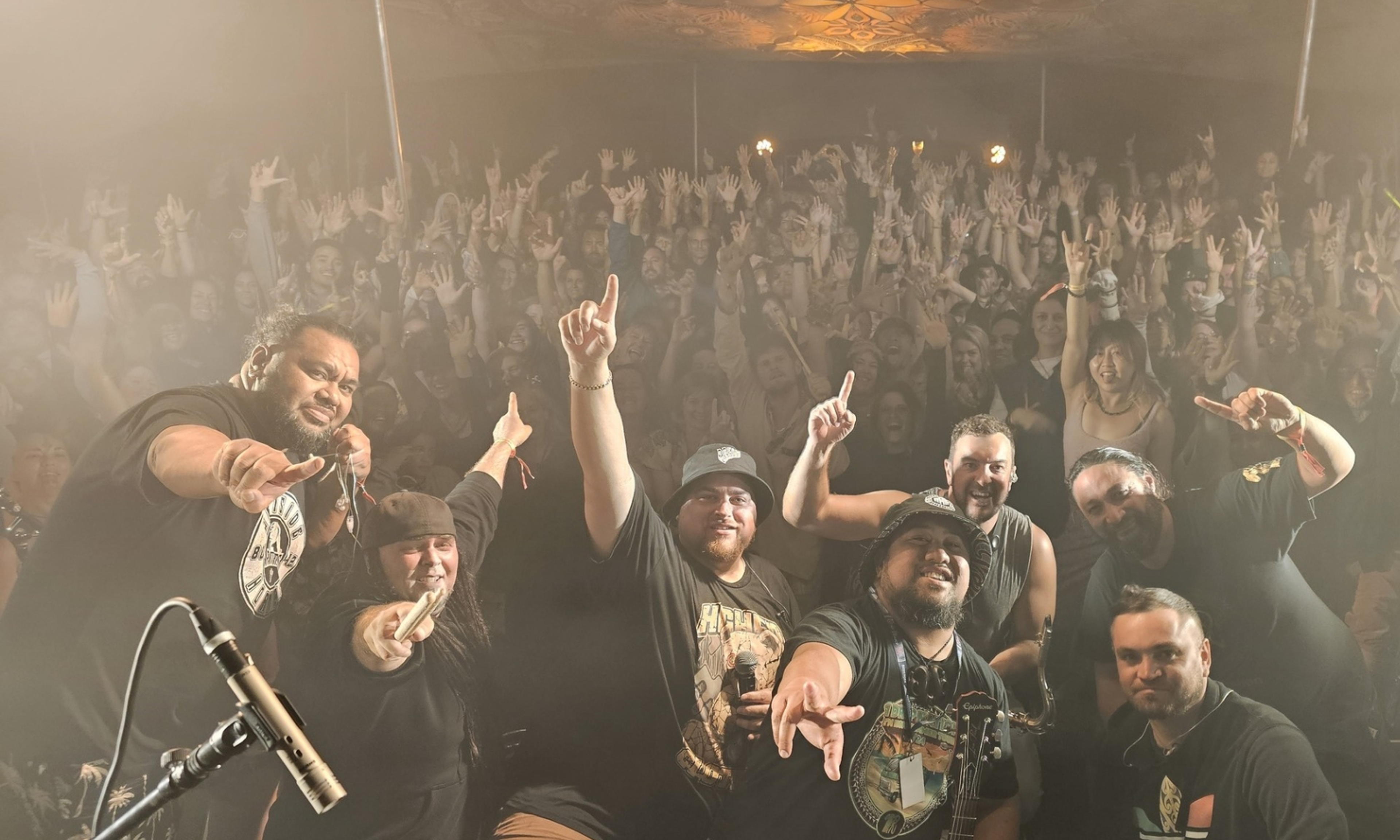

Pacific children give feedback on success at school
Photo/ Supplied/ Foundation North
Youth-focused research gives Pacific children chance to tell experts what they need
From the mouths of children, Pacific students say what doing well looks like for them.




Pacific told to rethink ‘friends to all’ approach as region faces rising geopolitical pressure

Ōtautahi's 1 Drop Nation celebrates brotherhood and legacy in new music




Pacific told to rethink ‘friends to all’ approach as region faces rising geopolitical pressure

Ōtautahi's 1 Drop Nation celebrates brotherhood and legacy in new music
New research highlights the connection between culture and family for a Pacific child's success at school.
The Foundation North-led initiative, interviewed almost eighty students across four South Auckland schools with large Samoan and Tongan cohorts, asking them what "doing well" looks like for them.
Here's a sample of some of the responses:
“School and teachers, you can help me by listening to me."
"Seeing the best of me."
"Making me feel safe."
"Believing I can do well.”
The findings from the research were collated in a video, voiced by students from Rise Up Academy and illustrated by Niuean artist Maka Makatoa.
The main themes were strong family relationships, and positive celebration of Pacific cultural identities, values and practices.
Other responses included: “Whānau, you support me when you show up during my games and sports.”
While another student stated: “When I need you the most, I’d like you to be there.”
Another key point was a safe and supportive school environment, high teacher expectations, and families engaged in their children's learning.
“I feel connected to my culture when I speak my home language, like Tongan and Samoan, spend time with my grandparents and my whānau, visit my home country and attend church," one respondent said.
“At school, when I see my culture surrounding me, I feel like I belong there. I feel brave,” said another pupil.
One of the schools in the survey is Rise Up Academy, a special character school in Māngere. Principal Sita says it seems simple, but when children are nurtured and accepted, their brains are ready to learn.
"When children's love tanks are full, the world is their oyster. When children feel safe, in a school where they're embraced for their whole self; their culture, their identity, their ethnicity, their gender, they really can thrive, it's so powerful."
Rise Up Academy board parent representative Faase’e Peato says hearing the feedback from the voices of children is powerful.
"Our children have a voice, they know where to go to for help … and that’s really awesome to hear it from their perspective, and will help us develop our parenting better, and it’s options that we didn’t have in our time, that we’ve got for them now.”
Pacific-led solutions
The research is the latest installment in a 10-year longitudinal study, looking at education interventions to lift Pacific and Māori educational outcomes.
Selupe says the research focusses on feedback direct from communities and sector, and is based on lived experience.
“For Pasifika communities, what we’ve seen is when whānau come alongside, support their children, they come alongside and support the school, we see wonderful outcomes.”
She hopes the research is used to inform government decisions on changes that will benefit Pacific learners.
"If I could do things that would really accelerate learning for our Pasifika-Māori, it would be to implement an effective whānau engagement strategy within schools and have dedicated staff to work with whānau intensely, particularly with whānau who have neurodiverse students.
"The next phase of this study involves looking at schools as social sites and hubs for social support, and it's very exciting for our community."